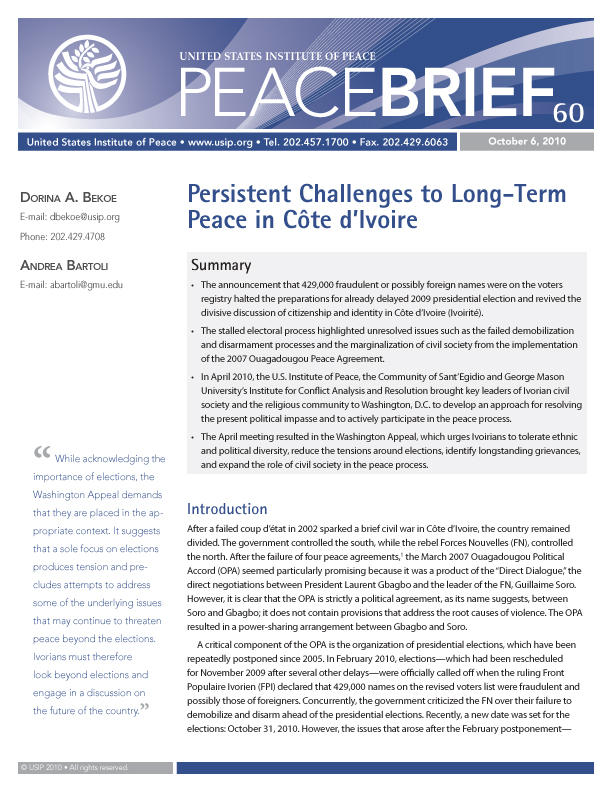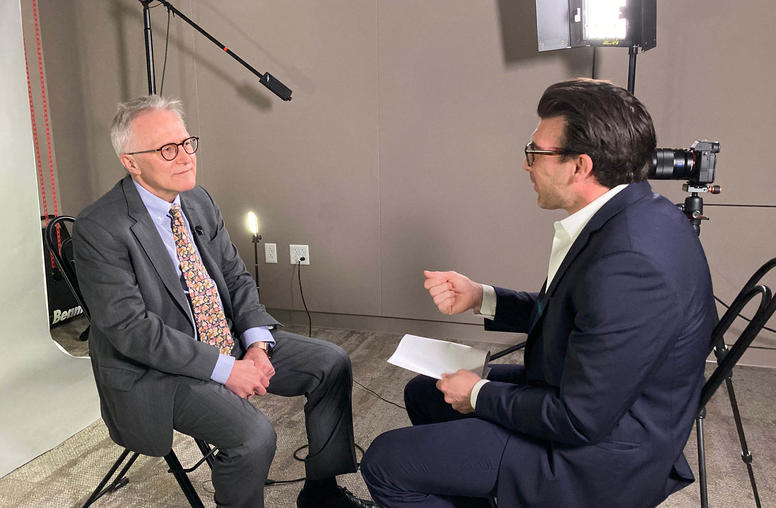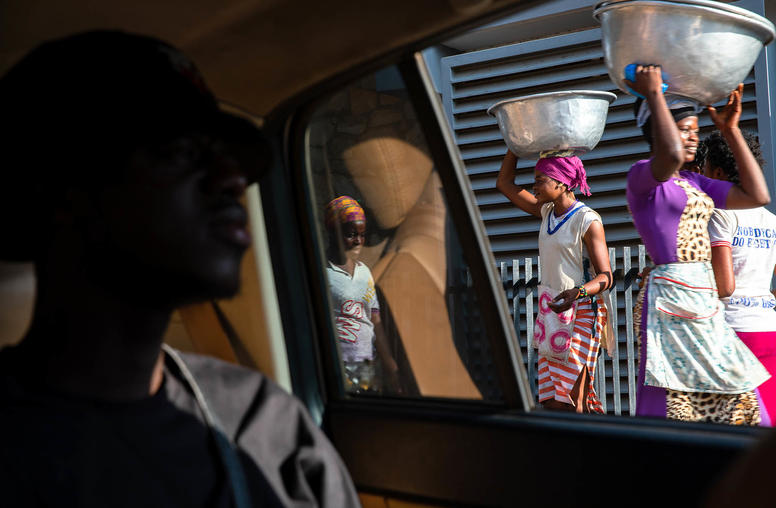Persistent Challenges to Long-Term Peace in Côte d’Ivoire
This Peace Brief reviews the factors that continue to divide Ivorian communities and stall the peace process in Côte d’Ivoire and provides reflections of a meeting of Ivorian civil society and religious leaders in Washington, D.C.


Summary
- The announcement that 429,000 fraudulent or possibly foreign names were on the voters registry halted the preparations for already delayed 2009 presidential election and revived the divisive discussion of citizenship and identity in Côte d’Ivoire (Ivoirité).
- The stalled electoral process highlighted unresolved issues such as the failed demobilization and disarmament processes and the marginalization of civil society from the implementation of the 2007 Ouagadougou Peace Agreement.
- In April 2010, the U.S. Institute of Peace, the Community of Sant’Egidio and George Mason University’s Institute for Conflict Analysis and Resolution brought key leaders of Ivorian civil society and the religious community to Washington, D.C. to develop an approach for resolving the present political impasse and to actively participate in the peace process.
- The April meeting resulted in the Washington Appeal, which urges Ivoirians to tolerate ethnic and political diversity, reduce the tensions around elections, identify longstanding grievances, and expand the role of civil society in the peace process.
About this Brief
This Peace Brief reviews the factors that continue to divide Ivorian communities and stall the peace process in Côte d’Ivoire and provides reflections of a meeting of Ivorian civil society and religious leaders in Washington, D.C.



